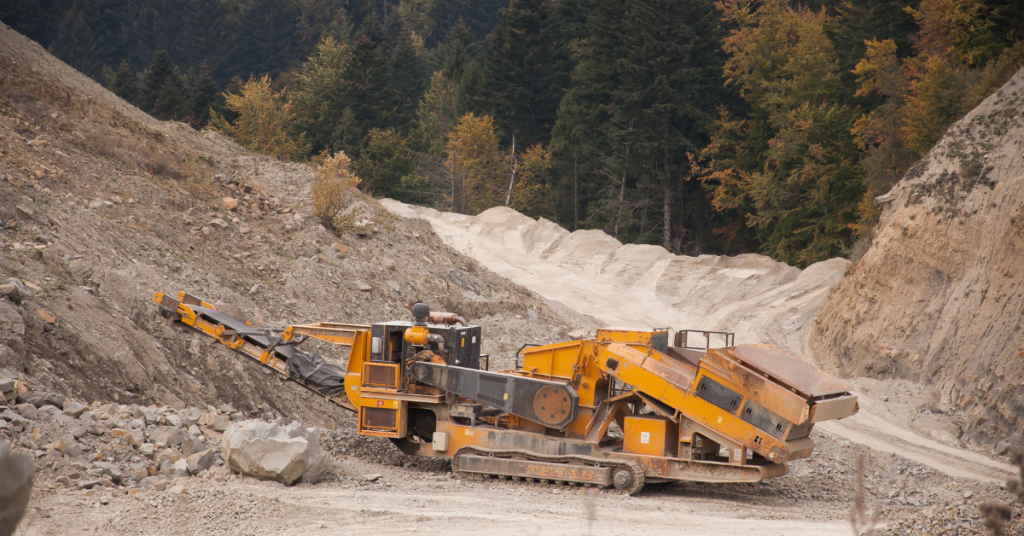Getting a building project off the ground starts with thorough building site clearance. This work removes trees, debris and old foundations so that the ground is safe and level for construction. Clearing the site first helps prevent delays caused by hidden obstacles later on.

Choosing the Right Heavy Equipment
After the initial cleanup, moving large volumes of soil and rock becomes the next priority. Many projects rely on bulk earthworks contractors to handle this major task. These teams bring the right machinery and experience to shape foundations, create access roads or form landscape features according to plan.
The Role of Earth Movers
Heavy machinery such as bulldozers and excavators fall under the general category of earth movers. Their power and reach let operators dig deep trenches, fill low areas or push material into piles. Selecting machines with the proper capacity ensures the job moves at the intended pace without overworking the equipment.
Finding Local Equipment Fast
When time is tight, typing earth movers into a search engine shows which units can arrive quickly. Local providers often keep machines on standby for urgent tasks, reducing transport delays. Fast access lets your site stay on schedule, especially when weather or permits shorten your working window.
Hiring Skilled Contractors
Beyond machines, you need trained operators who know how to handle challenging ground conditions. Searching for earth moving contractors yields experts familiar with local soil types and municipal regulations. Experienced contractors can anticipate issues like clay layers or groundwater, adjusting their approach to avoid costly mistakes.
Comparing Specialist Firms
For larger developments, some teams turn to established earthmoving companies that offer a full suite of services. These firms may include drilling, grading and compaction under one contract. Bundling services simplifies communication and often lowers overall costs because you deal with a single point of contact.
Support from Nearby Services
If you prefer working with local contractors, searching for earthmoving companies reveals businesses based in your region. Local firms tend to know regional weather patterns and ground conditions, helping them plan projects around rainy seasons or frost periods. Their local presence also means faster responses to urgent calls and easier project meetings.
Keeping Work Safe and Compliant
Safety is vital during earthmoving. Operators must follow standards for machine operation, site signage and dust control. A reputable contractor will carry the necessary insurance and certifications. Confirming these credentials before work begins avoids liability if an accident occurs on site.
Maintaining Equipment for Efficiency
Well-maintained machinery runs longer between services and uses less fuel. Ask contractors about their maintenance schedules and whether they perform daily checks on critical parts like hydraulic hoses, tracks and engine oil. Regular upkeep reduces the chance of breakdowns that can halt work for days.
Planning for Drainage and Erosion
Once the site is clear and the bulk earthworks finish, proper drainage channels need to be in place. Without this, rainwater can pool around foundations or wash away freshly moved soil. Your earthmoving team should shape slopes to shed water away from buildings and install temporary culverts if required during construction.
Integrating with Follow-On Trades
After grading and compaction, the site remains a busy place. Concrete crews, landscapers and utility installers all move in. Keeping areas clearly marked and scheduling each trade in turn prevents conflicts. A smooth handover depends on clear plans for access routes and safe zones where machinery operates.
Making the Process Cost-Effective
To control costs, compare quotes from several providers and ask about fixed-price options for defined scopes of work. Some contractors offer package deals for combined earthmoving and clearing tasks. Agreeing on payment milestones tied to measurable progress helps keep budgets on target and work moving forward steadily.
Maximising Your Project Timeline
Effective site clearance and earthmoving lay the foundation for every building project. Starting with a clean, level site, hiring the right machines and operators, and planning for drainage all feed into smoother follow-on work. With careful scheduling and clear communication, each phase hands off cleanly to the next, helping your build finish on time and within budget.